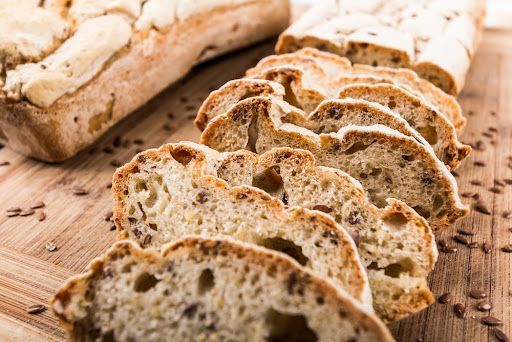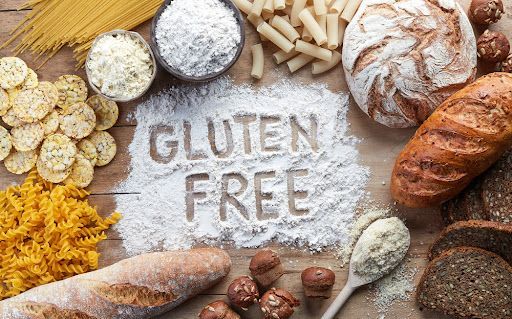From Low-Sodium to Gluten-Free: Crafting Meal Plans for Elderly

When crafting meal plans for elderly dietary requirements, it is important to consider the individual needs of each person. For instance, people who are on low-sodium diets should look for recipes that are naturally low in sodium or can easily be made with reduced salt. Also, those who require a gluten-free diet should avoid foods containing wheat, rye, barley, and oats as well as processed foods that may contain hidden gluten.
Understanding Common Dietary Restrictions and Health Concerns in the Elderly
- Low-Sodium: People on low-sodium diets should look for recipes that are naturally lower in salt such as fruits, vegetables, and lean proteins. Additionally, they should avoid processed foods that are high in salt like canned soups or sauces.
- Gluten-Free: Those who require a gluten-free diet need to avoid foods that contain wheat, rye, barley, and oats. They should also be aware of hidden sources of gluten in processed foods like soups or sauces.

- Heart Health: People with heart disease may need to limit their intake of saturated fats, trans-fats, and cholesterol while increasing their intake of monounsaturated fatty acids, polyunsaturated fatty acids, and omega-3 fatty acids. This can be done by increasing the intake of foods like nuts, seeds, and fish while limiting the consumption of red meats or processed meats.
- Diabetes: People with diabetes should follow a diet that focuses on controlling their blood sugar levels. This means eating meals that are rich in fiber, low in sugar and fat, and high in complex carbohydrates. Fruits, vegetables, whole grains, nuts, seeds, and legumes should be included in the meal plan.
- High Blood Pressure: People with high blood pressure should focus on eating foods that are low in sodium and higher in potassium such as fruits and vegetables. They should also consider eating lean proteins, low-fat dairy products, and whole grains.
By considering the individual needs of each person when crafting meal plans for elderly dietary requirements, it is possible to create a balanced, nutritious diet that will meet their health needs and help them remain healthy as they age.
Importance of Personalized Meal Plans for Elderly Individuals

Personalizing meal plans for elderly individuals is important to ensure that they receive the nutrition they need while taking into account any health concerns or dietary restrictions. Additionally, it is also important to provide meals that are enjoyable for them to eat as food preferences can change over time.
For example, an elderly individual may have a decreased appetite due to medications or a medical condition, so providing smaller-portioned meals with more frequent snacks may be beneficial. Moreover, it is also important to consider things like cost and convenience when selecting meal plans for elderly individuals as these can have an impact on their ability to adhere to the plan.
Overall, crafting meal plans that take into account the individual needs of each person is essential for providing elderly individuals with the nutrition they need to remain healthy and active. By understanding common dietary restrictions and health concerns in the elderly and considering factors such as cost, convenience, and appetite, it is possible to create a personalized meal plan that meets their needs while also making meals enjoyable.



